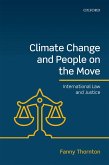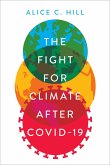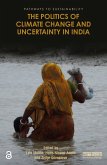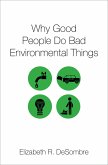Many of us take it for granted that we ought to cooperate to tackle climate change. But where does this requirement come from and what does it mean for us as individuals trying to do the right thing? Although climate change does untold harm to our fellow humans and to the non-human world, no one causes it on their own and it is not the result of intentionally collective action. In the face of the current failure of institutions to confront the problem, is there anything we can do as individuals that will leave us able to live with ourselves? This book responds to these challenges. It makes a moral case for collective action on climate change by appealing to moralized collective self-interest, collective ability to aid, and an expanded understanding of collective responsibility for harm. It also argues that collective action is something we owe to ourselves, as moral agents, because without it we are left facing marring choices. In the absence of collective action, individuals should focus on trying to promote such action (whether through or by bypassing existing institutions), with a supplementary duty to aid victims directly. The argument is not that we should not be cutting our own emissionsthis can be a vital part of bringing about collective action or alleviating harmbut that such `green lifestyle choices cannot straightforwardly be defended as duties in their own right, and should not take priority over trying to bring about collective change.
Dieser Download kann aus rechtlichen Gründen nur mit Rechnungsadresse in A, B, BG, CY, CZ, D, DK, EW, E, FIN, F, GR, HR, H, IRL, I, LT, L, LR, M, NL, PL, P, R, S, SLO, SK ausgeliefert werden.









